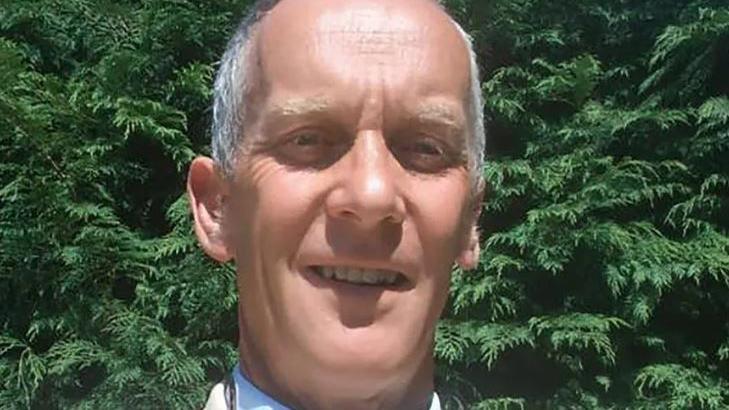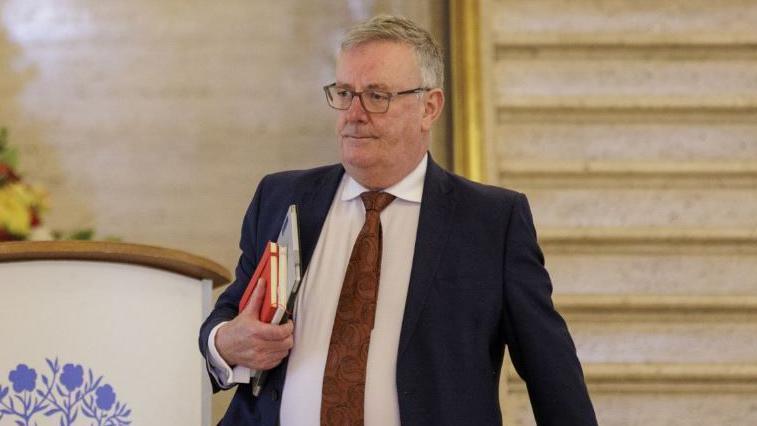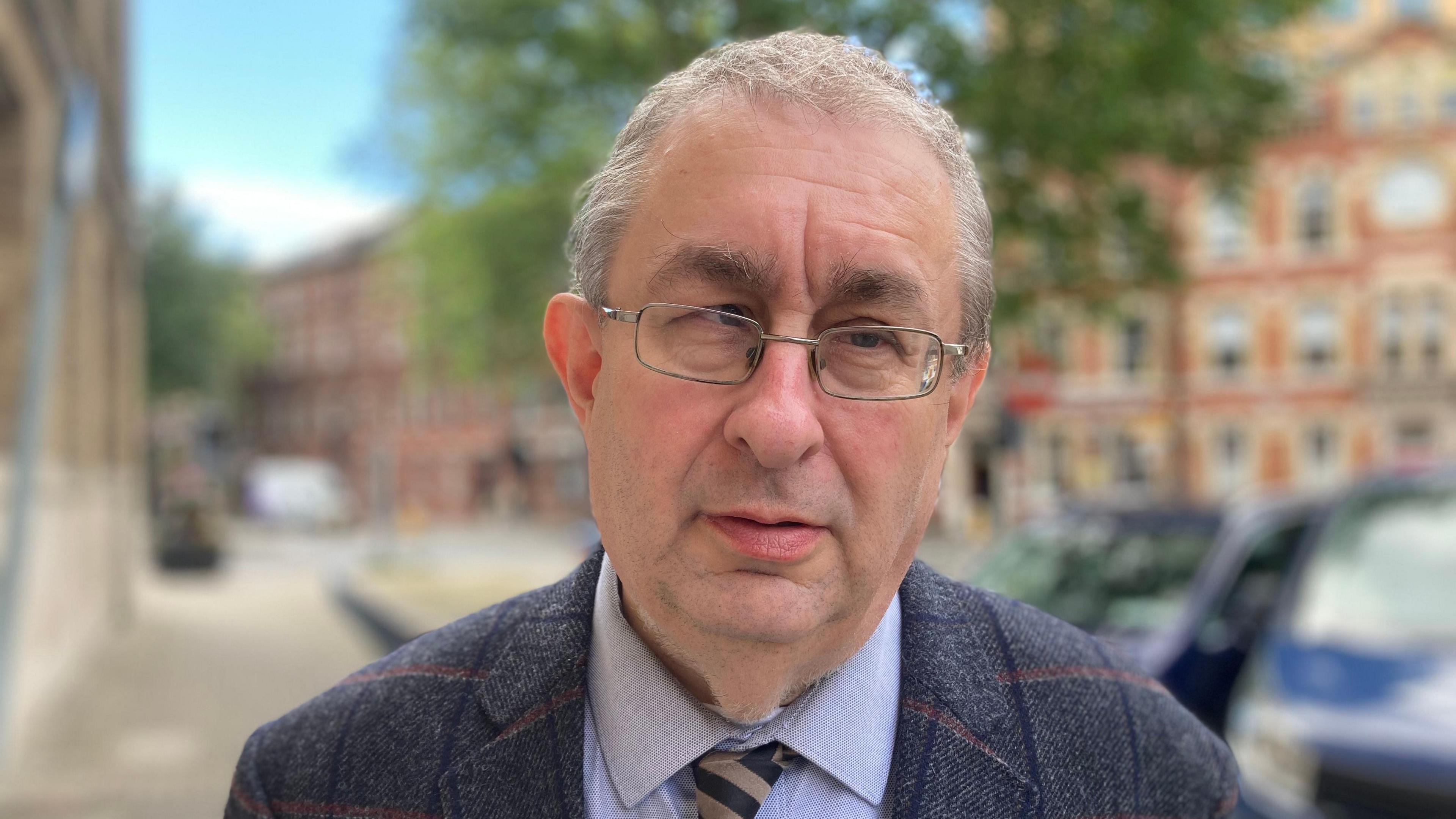More patients who died under neurologist's care to be reviewed

Michael Watt worked in the Belfast Health Trust until 2017
- Published
The health minister has announced that a further review of clinical records of 18 patients who died under the care of neurologist Michael Watt is to be carried out.
Mr Watt was at the centre of Northern Ireland's largest patient recall in 2018.
In 2022 a review of 44 patients' records found significant failures in their care and treatment under Mr Watt and poor communication with the families.
In a written statement to the assembly, Mike Nesbitt acknowledged "the exceptionally difficult circumstances which the families of deceased patients have experienced".
It is anticipated that this phase of the Neurology Deceased Patients Review (DPR) will be completed before the end of March 2025.
'Challenging and extensive'
These reviews followed the 2018 recall of 2,500 outpatients who were in Dr Watt's care at the Belfast Health Trust.
He worked there until 2017.
About one in five patients had to have their diagnoses changed.
Mike Nesbitt said the work done to date as part of the Deceased Patients Review (DPR) has been "challenging and extensive".
He said he wished "to apologise for the hurt caused to the neurology recall patients and the families affected by these matters, and I would like to reiterate my thanks and appreciation to them for their cooperation and patience".

Health Minister Mike Nesbitt said families of deceased patients had experienced "exceptionally difficult circumstances"
The 2022 review, external identified concerns over clinical decision-making, diagnostic approach, communications with other clinicians, and interactions with patients.
The Department of Health (DoH) had asked the Regulation and Quality Improvement Authority (RQIA) to commission this "parallel piece of work" to ensure that the records of all patients or former patients of Michael Watt who died in the 10 years prior to the neurology recall were subject to expert review.
The RQIA commissioned the Royal College of Physicians (RCP) to review the clinical case notes of Michael Watt's patients during this time.
According to the RQIA, external, it is estimated that in the 10-year period prior to May 2018, more than 3,000 deceased patients may have been under the care of Mr Watt at some point in their lives.
The 18 families who have approached the RQIA to have an Expert Review carried out in relation to a deceased family member will be included in a further DPR phase.
Its purpose being to "provide the opportunity to impart answers, if possible, to the families in respect of the quality of care and treatment provided to their deceased relatives".
The RQIA, which will again commission the undertaking of this phase, has welcomed the health minister's announcement.

Colin Armstrong, whose mother was misdiagnosed by Michael Watt, said not implementing this review would be a cover-up
Colin Armstrong's late mother Ruth was misdiagnosed by Michael Watt in 2001.
He said the announcement on Wednesday is "not satisfactory at all", describing it as "neither adequate nor acceptable".
Mr Armstrong wants to see "the full implementation of this review" with the examination of all cases, not just over a ten year period, but from when Michael Watt was first appointed a consultant.
"We need to know everything about what this man did," he said.
"The failure to implement this review is a form of cover-up. It's cover-up by not investigation."
Mr Armstrong said this review is "important" because "it is not just about private grief, it's about public interest".
Any additional families who are interested in having their deceased family member's clinical records reviewed should contact the RQIA, external no later than 31 December 2024.
The RQIA Family Liaison Team will engage with families to understand: their wishes, needs and concerns; whether their deceased relatives’ case is likely to fall within the scope of the Expert Review of Records of Deceased Patients; and to provide information on the Expert Review of Records of Deceased Patients to date.